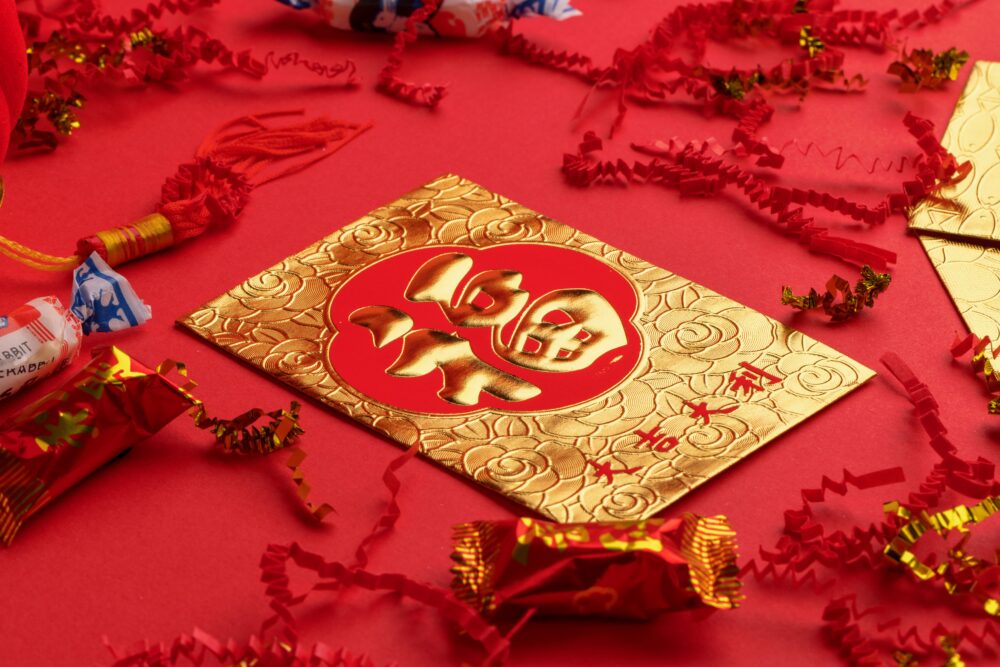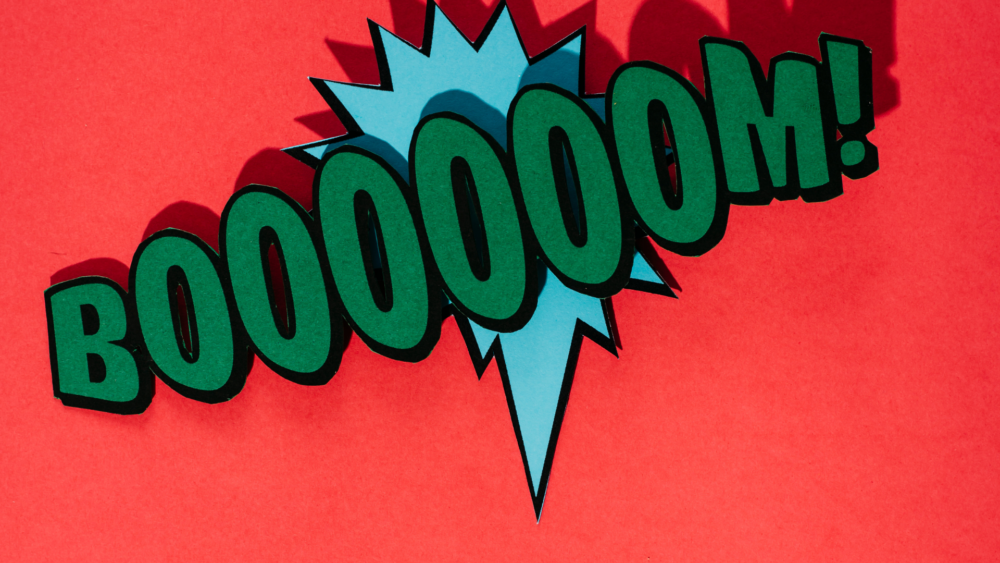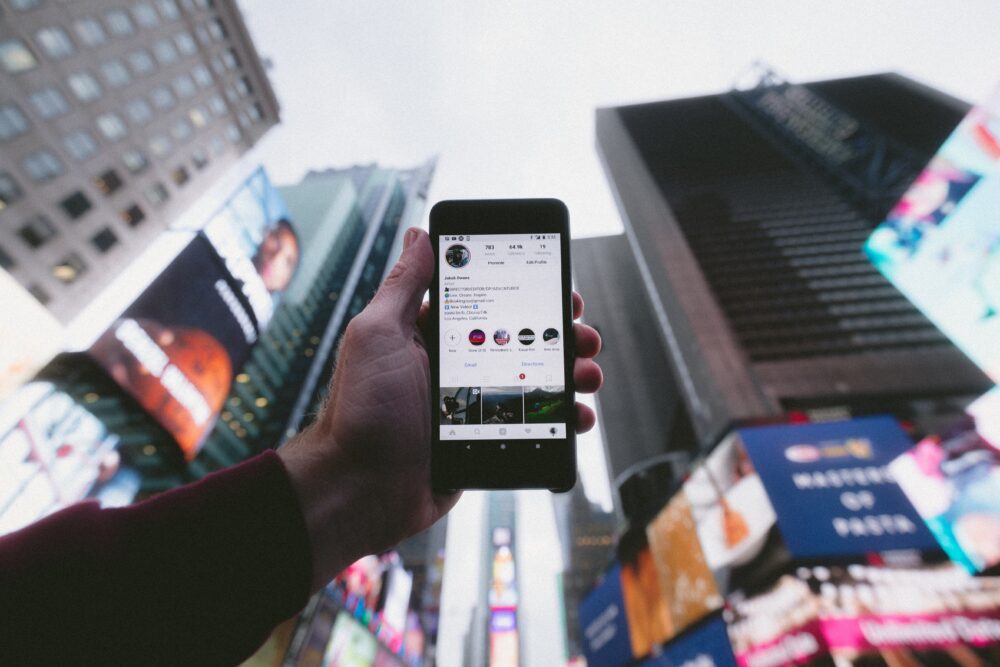Happy Lunar New Year 2024, from all of us at Creative Translation!
Lunar New Year began on Saturday 10th February this year, and will end with the Lantern Festival on the 15th day. The dates of the festival vary from year to year, as it’s based on the traditional Chinese lunisolar calendar. In other words, astronomical observations of the sun’s longitude and the moon’s phases determine when exactly it will fall, unlike the Gregorian calendar, which always starts on 1st January.
The Lunar New Year is the longest and most important celebration in the Chinese calendar. The festival was first started more than 4,000 years ago, by farmers wanting to mark the beginning of spring. For this reason, it’s also known as Spring Festival.
Goodbye Year of the Rabbit, Hello Year of the Dragon
According to the Chinese zodiac calendar, every year is related to an animal sign, based on a 12-year cycle. The animals are rat, ox, tiger, rabbit, dragon, snake, horse, sheep (ram/goat), monkey, rooster, dog, and pig. This year (the year 4,721 in the Chinese calendar) it will be the year of the Dragon, the fifth sign in the cycle.
Some interesting facts about the celebration
While doing some research into the celebration, we were fascinated to learn (thanks to FactRetriever), that:
- On the stroke of midnight on the Lunar New Year, every door and window in a Chinese house is opened to allow the old year to go out.
- An old Chinese belief says that the second day of the new year is the birthday of all dogs and that people should be extra kind to dogs that day.
There are some interesting taboos and superstitions, too…
- During the Lunar New Year, noodles are not cut, as a way to represent long life.
- It is considered unlucky to eat tofu on Lunar New Year because it is white. For the Chinese, white signifies death and misfortune.
- On the Lunar New Year, no one uses scissors or knives because it is believed using them might cut off good fortune.
- On New Year’s Day, Chinese people are not supposed to wash their hair because it might wash away good luck for the new year.
Celebrations around the world
Millions of people around the world celebrate the Chinese Lunar New Year. The biggest celebrations take place in Mainland China of course, but large numbers of people in Chinese communities worldwide also celebrate – in particular in Hong Kong, Macau, Taiwan, Singapore, Malaysia, the Philippines, Vietnam, America, Canada, the UK and Australia.
Fireworks, parades and traditional dances are all popular ways to celebrate – as well as reuniting with family members and eating good food!
Gift Giving
Traditionally, red envelopes are given to children containing a gift of money (red being regarded in Chinese culture as a symbol of happiness, good luck and energy). Of course, this tradition has not escaped the advances of the digital age, however, and there are now apps which can be used to send virtual red envelopes rather than the more traditional paper variety!
And on the subject of gift giving, there are some gifts you shouldn’t give, too – including cut flowers, shoes, or four of anything.
Lunar New Year Greetings
Some popular Chinese Greetings (in Simplified Chinese) include:
新年好 (Happy New Year)
春节快乐 (Happy Spring Festival)
心想事成 (May all your wishes come true)
And this year in particular, you can say:
龙年吉祥 (Good luck for this dragon year)
Here at Creative Translation, we provide a range of translation services into and out of both Simplified and Traditional Chinese. If you are looking for help with these languages for your next international campaign, please give us a call today on +44 (0)207294 7710 or e-mail us at info@creativetranslation.com and we will be happy to help you.
We can help you avoid any embarrassing mistakes, such as when the BBC famously subtitled 2014’s year of the horse as ‘the year of the whores’ in Chinese by mistake. Oops.
Photo by Jason Leung on Unsplash




